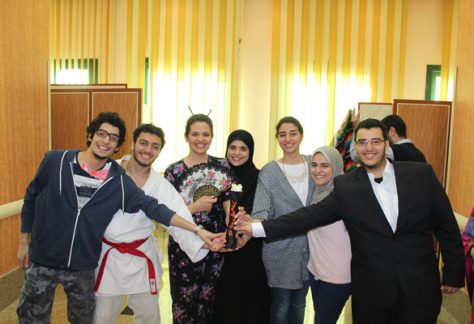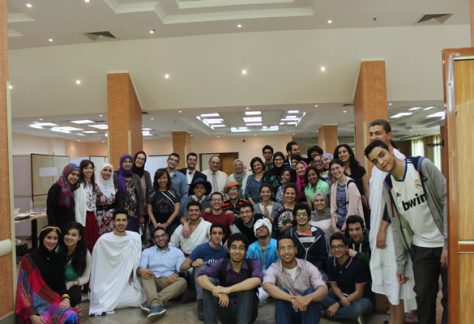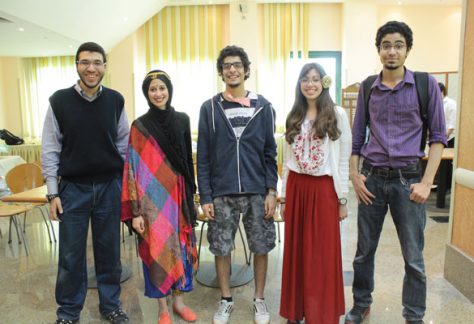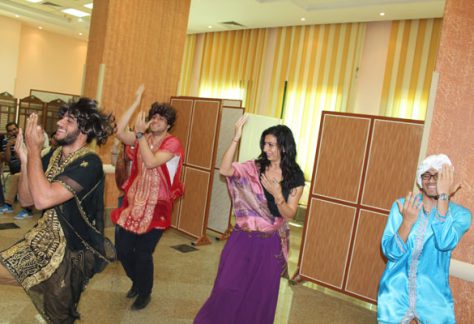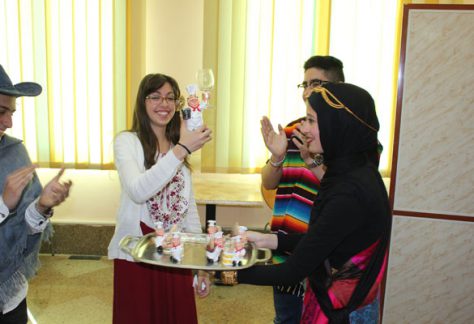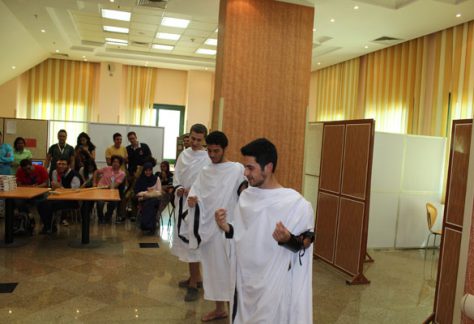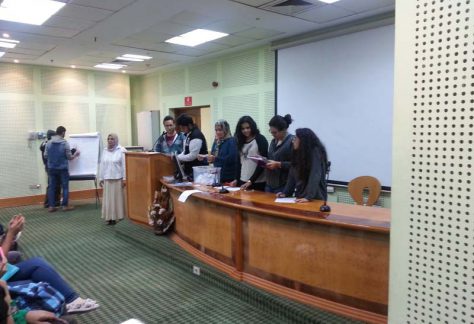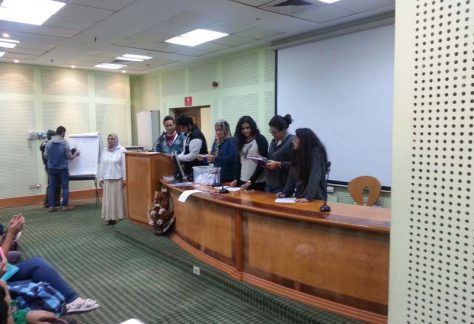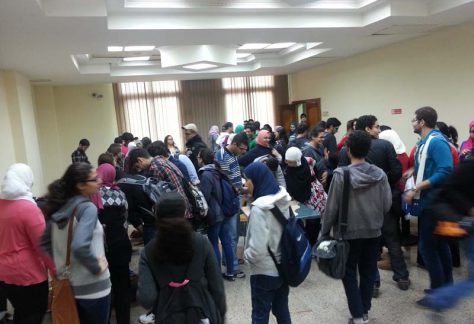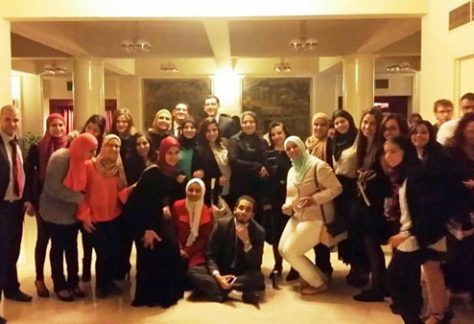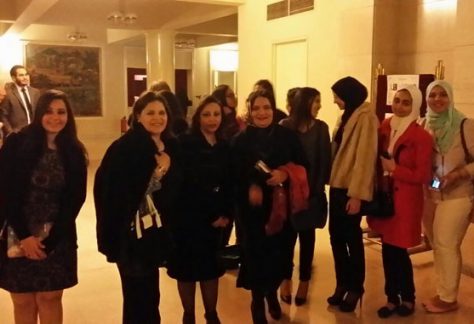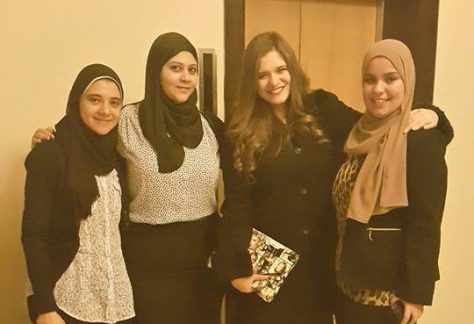The expanded program includes all the academic content of the general program and achieves all the learning outcomes required of it. It also adopts advanced teaching, learning and assessment strategies. The content of the program expands to add to the academic and clinical headquarters other topics necessary to develop the personal and professional skills of the graduate in a course that extends throughout the years of study in the program in what is called Personal & Professional Development (PPD).
The program has adopted the academic standards for medical education approved by the National Authority for Quality Assurance of Education, and has adopted integrated units based on body systems, in line with what is followed in many international medical colleges.
- The program was built on an integrative basis to provide information and skills related to it in a logical order and timing, which allows the student to build the required relationships with storage and deeper understanding used in solving problems. This construction also allows avoiding repetition of information, which saves valuable time for other educational activities.
- Integration takes place in the first three years using “Body System Based Modules,” while in the subsequent clinical years, “Temporal Coordination” is used to achieve the required coherence between the different clinical courses.
- Scientific skills are acquired – or a demonstration is made of “Demonstration” in its real environment whenever possible.
- Acquisition of clinical skills starts from the first year (the second semester) and then the second year in small groups in parallel and in harmony with the theoretical information acquired in the integrated units, through professional skills development sessions. This timing is ideal for applying basic medical information. At this stage, it is taken into account that the students are exposed to natural people to be trained in distinguishing the natural clinical signs, while providing typical examples of diseases that are exposed in the academic units. This early clinical training paves the way for forming a solid base for the systematic method of taking the history of the disease and the clinical examination to be applied in the following clinical years to refine these skills and use them in solving patients’ problems.
- In the clinical stage, clinical skills are acquired and refined in small groups that are attached to the clinical departments of Ain Shams University Hospitals in an extended and consecutive manner throughout the school year, which provides the opportunity for parallel coordination between common clinical topics while giving extended time for students to absorb and master the required skills.
- The “skills lab” is used to train students on some skills before practicing them on patients. It is also used to train other skills that cannot be practiced on real patients.
- Students spend the last semester to review clinical specialties:
“Medicine – Surgery- Pediatrics- Gynecology& Obstetrics”
In an extended and integrated clinical training “Longitudinal Integrated Clerkship” that allows students to have a deeper understanding of common health problems and prepares them for effective performance in the training year after graduation, at Ain Shams Specialized Hospital, Obstetrics and Gynecology Hospital, and Ain Shams University Children’s Hospital.
- Reviewing the acquisition of clinical skills in the skills and simulation lab in the college.
- Attending accredited courses (from the Egyptian Resuscitation Center and the European Resuscitation Center) for cardiopulmonary resuscitation and dealing with injuries.
- Phone: (+202) 24346357
- Fax: (+202) 24346363
- Official mail: emp@med.asu.edu.eg
- Website: https://emp.asu.edu.eg

